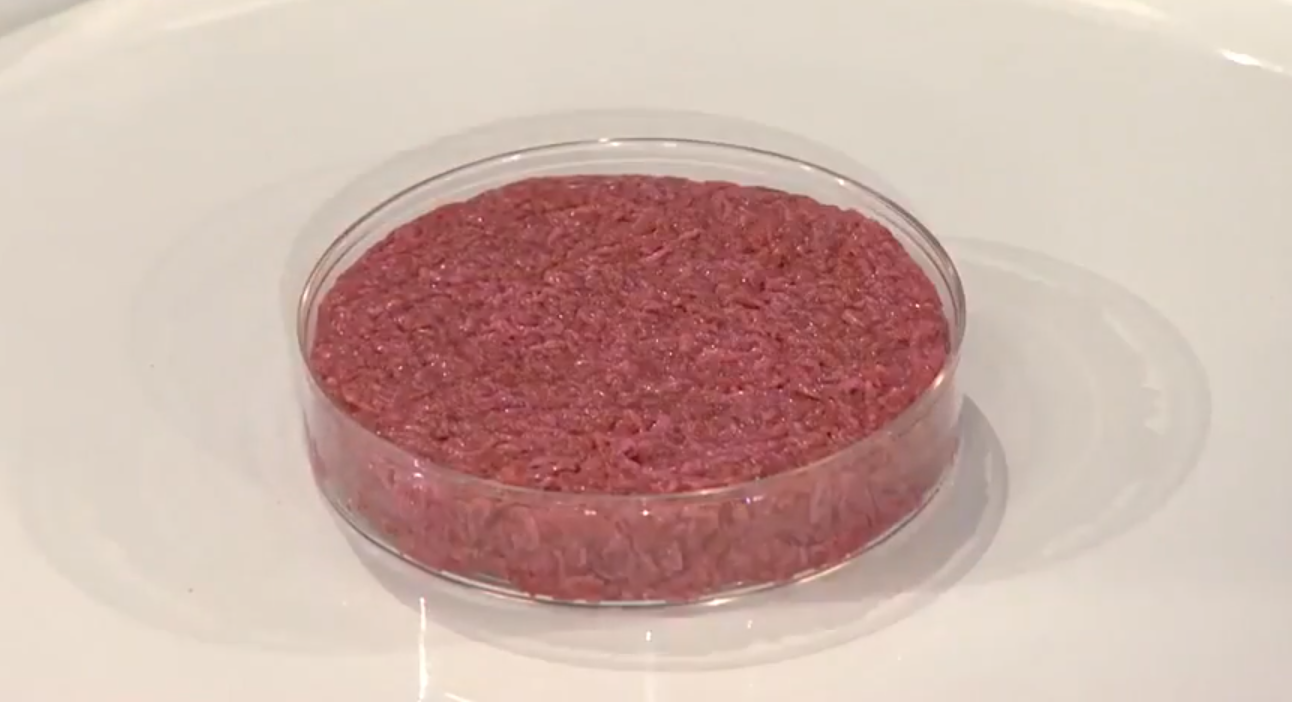Lab-grown meat is supposed to be inevitable. The science tells a different story.
By Joe Fassler,
The Counter
| 09. 22. 2021
Splashy headlines have long overshadowed inconvenient truths about biology and economics. Now, extensive new research suggests the industry may be on a billion-dollar crash course with reality.
Paul Wood didn’t buy it.
For years, the former pharmaceutical industry executive watched from the sidelines as biotech startups raked in venture capital, making bold pronouncements about the future of meat. He was fascinated by their central contention: the idea that one day, soon, humans will no longer need to raise livestock to enjoy animal protein. We’ll be able to grow meat in giant, stainless-steel bioreactors—and enough of it to feed the world. These advancements in technology, the pitch went, would fundamentally change the way human societies interact with the planet, making the care, slaughter, and processing of billions of farm animals the relic of a barbaric past.
It’s a digital-era narrative we’ve come to accept, even expect: Powerful new tools will allow companies to rethink everything, untethering us from systems we’d previously taken for granted. Countless news articles have suggested that a paradigm shift driven by cultured meat is inevitable, even imminent. But Wood wasn’t convinced. For him, the idea of growing animal protein was old news, no matter how science-fictional it sounded. Drug companies...
Related Articles
By Jonathan Matthews, GMWatch | 12.11.2025
In our first article in this series, we investigated the dark PR tactics that have accompanied Colossal Bioscience’s de-extinction disinformation campaign, in which transgenic cloned grey wolves have been showcased to the world as resurrected dire wolves – a...
By Jessica Hamzelou, MIT Technology Review | 11.07.2025
This week, we heard that Tom Brady had his dog cloned. The former quarterback revealed that his Junie is actually a clone of Lua, a pit bull mix that died in 2023.
Brady’s announcement follows those of celebrities like Paris...
By Lauran Neergaard, AP News | 11.03.2025
WASHINGTON (AP) — The first clinical trial is getting underway to see if transplanting pig kidneys into people might really save lives.
United Therapeutics, a producer of gene-edited pig kidneys, announced Monday that the study’s initial transplant was performed successfully...
By Meagan Parrish, PharmaVoice | 10.10.2025
When CEO Ben Lamm steps into the spotlight, it’s usually to talk about his efforts bringing extinct animals back to life. Once a far-flung idea, Lamm and the company he heads, Colossal Biosciences, have proven they can pull it off...




